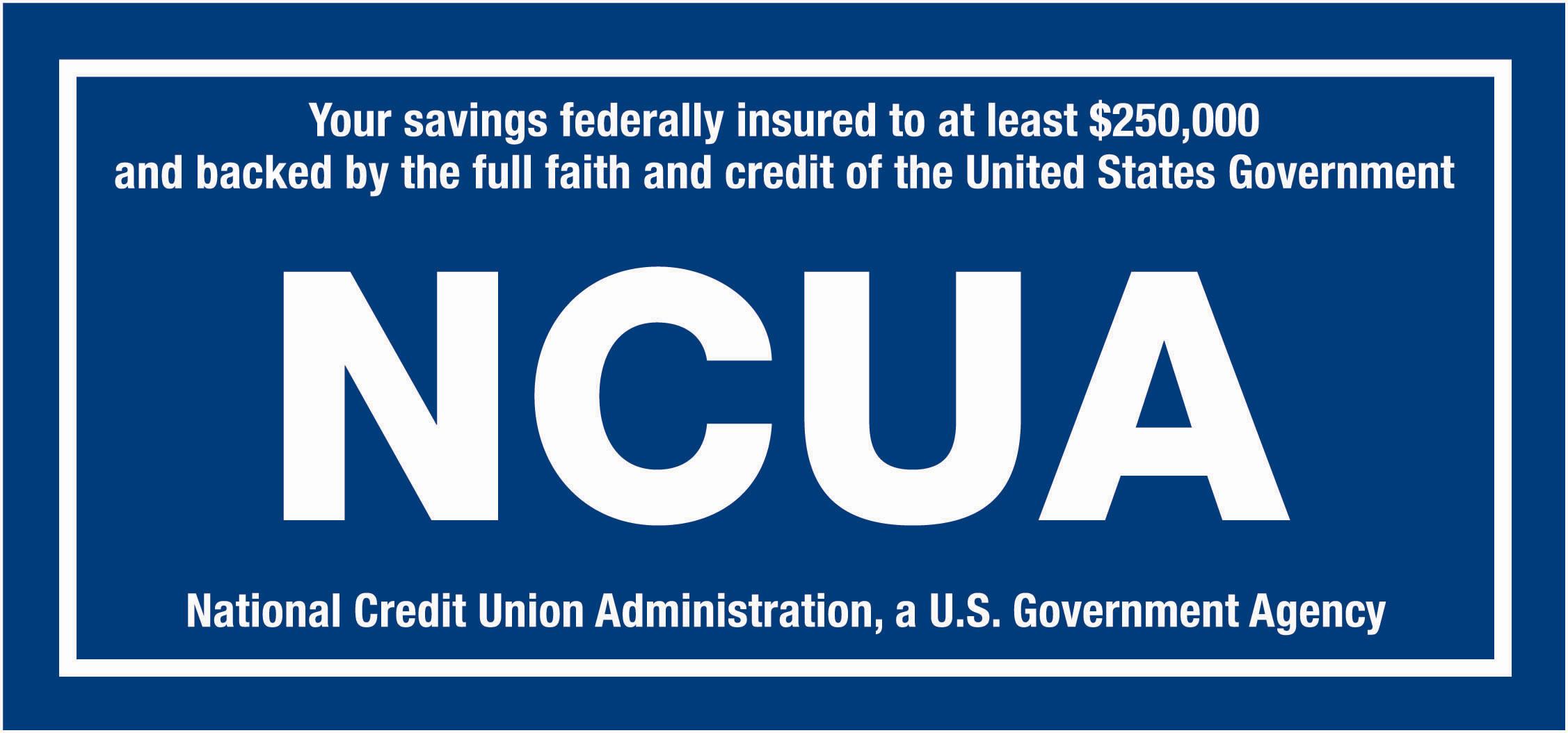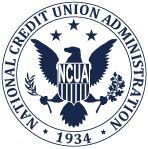

As we have since 1939, we take our members’ privacy and account security seriously. Azura is a federally insured credit union, which means funds up to $250,000 per depositor are insured through the National Credit Union Administration. NCUA protects funds for credit union members in a manner and amount similar to how the FDIC protects bank customers.
Deposits at all federal credit unions and the vast majority of state-chartered credit unions are covered by National Credit Union Share Insurance Fund protection, and not one penny of insured savings has ever been lost by a member of a federally insured credit union. The NCUA was founded by Congress in 1970. To eliminate an agency, like the FDIC or NCUA, would require congressional action. Learn more.
In addition, there are protections in place to limit your liability as a consumer in the event of errors or fraud. The most important thing our members can do is monitor their accounts – via Online Banking, Mobile App, statements and otherwise – and alert the credit union in a timely manner. If you see evidence that your credit union account has been compromised, the sooner you contact us, the sooner we can act to limit your liability.
Who has access to my account information?
You may have provided your employer or another organization with your financial institution’s routing number and your account number for payment purposes. Having those numbers for deposit of wages or benefits does not give that employer or organization access to your account information nor the ability to transact.
Should I move my funds from an account to cash or to Paypal or Venmo?
We don't recommend it. Operating with cash might seem like a way to reduce account access, but there are other risks to consider with large sums of money that are not insured. Home burglaries, fires, misplaced cash and other catastrophic events could lead to a complete loss of your funds.
Meanwhile, when you use online monetary services, like Paypal or Venmo, your funds may not be insured by the NCUA nor FDIC. In addition, your funds may be frozen indefinitely should a charge be disputed.
What else can I do?
- Monitor your accounts. With Online Banking, you have immediate access and a holistic view into all of your deposit accounts, loans and e-statements. Should something not look right, you can reach out to your financial institution right away to research.
- Add custom alerts. Available within Online Banking or the Mobile App, there are additional monitoring options for our members, such as Card Controls and Notifications via email or text message.
- Put a freeze on your credit. A security freeze, often known as a credit freeze, limits access to your credit report—helping protect you against identity theft. With a freeze, no new credit can be issued in your name without your approval. Freeze or lift the freeze on your credit report for free by contacting each of the three major credit reporting agencies: Equifax, Experian and TransUnion.
- Consider opening an additional account. If you wish to have funds deposited into one account but manage your collective funds from another, you can open an account and transfer deposited funds from one to the other. Open an account online.
- Ask if paper checks are an option for payment. Not all employers or organizations offer paper checks for payment. And there are risks similar to operating with cash and potential delays via mail. But, if you wish to no longer share your routing and account number, you may choose to explore this option.
- Contact your legislator. If you are displeased with what is happening at the federal level of government, contact your legislators who have the authority to create change. Here in Kansas, our senators and representatives are:
DC office: (202) 224-6521
DC office: 202-224-4774
KC office: 913-549-1570
DC office: (202) 225-6601
Topeka office: (785) 205-5253
DC office: (202) 225-2865
Overland Park office: (913) 621-0832
DC office: (202) 225-6216
Wichita office: (316) 262-8992
